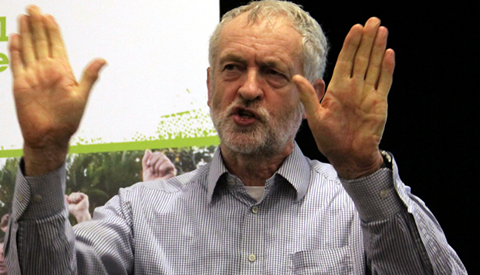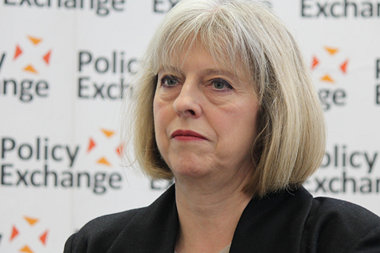Politics and property have always been inextricably linked.

Changes to tax, immigration, the environment for business and housing policy can have an almost immediate effect on the residential, commercial and retail markets.
In recent history, politics in the UK and across much of Europe has tended to be centrist. While the main political parties may have differed slightly in the precise details of their policies, the markets have known more or less what to expect.
But in the aftermath of the global financial crisis, the inability for central bank policy to provide obvious benefits across the wider population, and the growing perceived threat of terrorism, has seen a drift to more extreme ends of the political spectrum.
Greece’s election of the far-left Syriza government was a reaction to the country’s economic situation; Jeremy Corbyn’s Labour leadership has positioned the party further to the left; and few would have predicted the recent success of the pro-Brexit campaign.

Uncertainty has always been one of the largest factors in creating negative sentiment and depressing the property market. We witnessed a hiatus in the lead-up to the EU referendum as people waited to see what would happen. Interestingly, though, we have seen more positivity and an uptick in activity, even though the result was not what most in the industry expected or wanted.
In the immediate aftermath of the result, we had no government, no idea what the Bank of England was going to do, no understanding of the position regarding immigration, no clarity on international trade and concerns about taxation.
However, within a short period of time after the vote, the prospect of increased taxes was dismissed with Osborne’s policy of a lower corporate tax rate, a new government was formed and the Bank of England came out with a positive policy response and then lowered interest rates.
Benefits of a cheap pound
Any potential additional costs associated with increased trade tariffs are likely to be more than offset by the depreciation of sterling. That leaves us with immigration, which remains a concern, but the general perception is that Theresa May’s experience with the Home Office positions her well for finding a resolution.
The significant easing by the Bank of England, combined with the benefits of a cheap pound, seems to have lifted the gloom in the market. Nevertheless, the age of uncertainty is far from over. The market hasn’t yet determined whether businesses will expand and grow, and therefore the impact Brexit will ultimately have on the wider economy remains unclear.
Further turbulence in the market
What is more, there is further uncertainty looming on a global level. The current popularity of France’s far-right Front National leader Marine Le Pen could lead to significant changes on the continent and even France exiting the EU if she is successful in the presidential elections next spring; the referendum in Italy within the next few months could lead to further turbulence in that market; and the result of the US elections will have a major impact across markets globally.
Our recent achievement of raising €949m (£718m) for Patron Capital Fund V demonstrated that the US is back and interested in investing in western Europe. Interest from Asia and the Middle East was still there during our fundraising, but the Americans who were absent when we were fundraising in 2011 returned in force this year. This is positive for Europe, where markets are increasingly supported by global investment.
As politics around the world become more extreme, it is having a greater effect on the markets than ever before, leading to risks - as well as opportunities - for investors. Doing your homework to understand the market and weighing up how drastically things could change have never been so important.
Keith Breslauer is MD of Patron Capital






























No comments yet